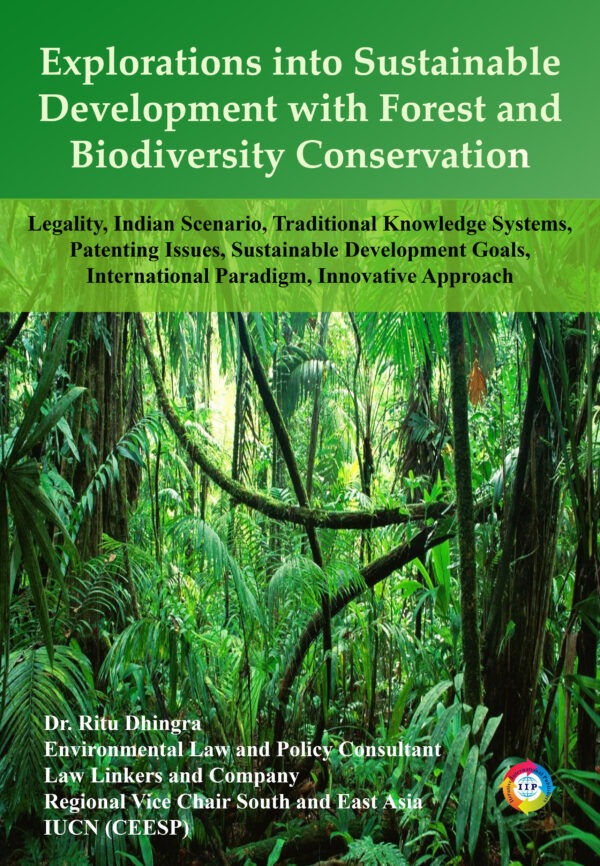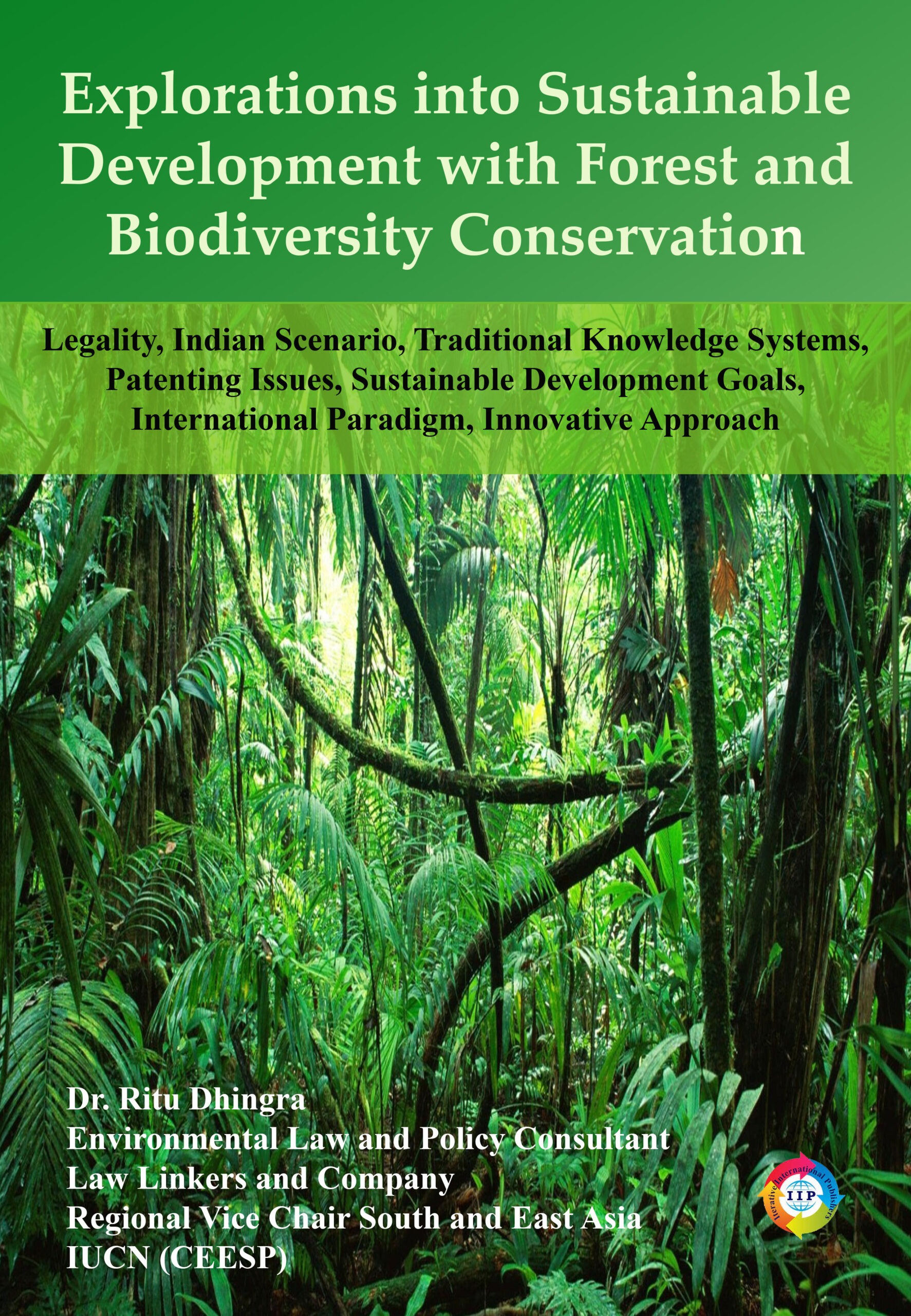Forests being the lungs of planet Earth are the most important ecosystems. They act as carbon sinks and sustain a huge amount of carbon in them. They play an extremely important role for the survival of the living beings on this earth. From human beings to the flora and fauna of the earth’s ecosystem depend on the forests in some way or the other. Forests are the repositories of enormous biodiversity[1] on this planet. They are an adobe to millions of species of animals including human beings, plants and microorganisms. They also give massive ecosystem services to the mankind and to all the living beings thriving on this earth. They regulate climate, water cycles and carbon sequestering on this planet. They even provide livelihood to human beings all over the world. They check global warming on this earth. The parameter of sustainable development[2] is that forest and biodiversity is conserved for the coming generations also. Forests are the most important repositories of terrestrial biological diversity. The diversity of life amongst the living beings and their distinct habitats, the interactions between the various components of the biodiversity makes this planet a habitable place for various life forms. Forest conservation is extremely important for intergenerational equity and the principle of sustainable development paves its way in it. The forests especially in the domains of forestry and agriculture provide 40% of world’s economy. This is due to the biological diversity in the forest ecosystems. 70% of the world’s poor populace who live in the rural areas is directly dependent on the biodiversity for their livelihood. A rough estimate of 60 million indigenous folks are somehow dependent on forests for their daily needs.[3] The Supreme Court of India in Rural Litigation and Entitlement Kendra v. State of Uttar Pradesh[4] elucidated the importance of ecosystem services as provided by the forests.
The Indian subcontinent has been bestowed with a vast acreage of forests from the ancient time. Various ancient scriptures have described forests as one of the main components of this land. The Indian socio-cultural history has excellent instances of religious connotations attached to the forest leading to its preservation and conservation. Sacred grooves, scared ecology all had been very vital elements of the Indian socio religious belief system. The Indian sub-continent has been ruled by various rulers believing in different religions and who hailed from different parts of the world. So, forests management also kept changing in different reigns in different eras. From the management of the forests by the native kings from India to the Mughal emperors and towards the British rule, varied rulers have treated the Indian forests differently. Where Mughals used forests as a source of entertainment and indulged in hunting,[5] the British looked at the forests as a revenue earning natural resource. The forest was looked upon as a commodity for providing wood and timber for building of ships and was exploited thoroughly. The British although tried to systematically manage the forests after a huge devastation had already taken place.[6] After independence various steps were taken by the Indian Government to safeguard this natural resource and this process is still continuing. According to the Commission for Sustainable Development and in the terms of the 1987 Brundtland Report- “Sustainable development is development that meets the needs of the present, without compromising the ability of future generations to meet their own needs.”[7] Forest conservation is extremely important for intergenerational equity and the principle of sustainable development paves its way in it. Development must go hand in hand with forest conservation. Sustainable development has its foundation laid on the notion that while developing policies for the developmental projects, states must pay due regards to the protection of environment and some sort of constraint must be imposed at the time of making such policies while giving due attention to the environment. Conserving biodiversity is the most important component for fulfilling the parameters of sustainable development because the species of plants and animals which are present today must be conserved for the coming generations for the sake of the intergenerational equity. The present research focuses on the effectiveness of the existing legal framework relating to forest and biodiversity conservation in India and the challenges involved in it. The researcher has put forward suggestions with regard to laws, policies and technologies involving forest and biodiversity conservation in India with a futuristic approach.










Reviews
There are no reviews yet.